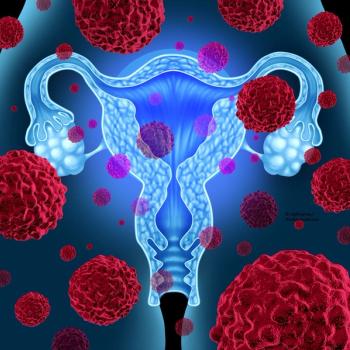
Researchers analyzed recurrence and survival outcomes for clear cell ovarian carcinoma in the JGOG3017/GCIG trial.

Your AI-Trained Oncology Knowledge Connection!


Researchers analyzed recurrence and survival outcomes for clear cell ovarian carcinoma in the JGOG3017/GCIG trial.

Cancer Network spoke with Yoland Catherine Antill, MD, of Cabrini Health, about the phase II PHAEDRA trial, which tested the activity of durvalumab in advanced endometrial cancer according to mismatch repair status.
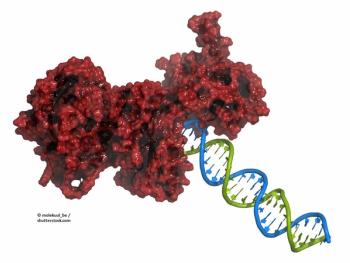
Researchers tested maintenance therapy with rucaparib in a phase III trial of patients with recurrent epithelial ovarian cancer who experienced response to platinum-based chemotherapy.

Cancer Network spoke with Patricia Eifel, MD, of the University of Texas MD Anderson Cancer Center, about the current shifts in the treatment of cervical cancer.

This FDA confirmatory phase III study evaluated olaparib vs treatment of physician’s choice in BRCA-mutated, platinum-sensitive relapsed ovarian cancer.
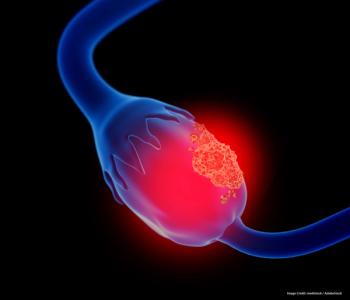
Data from a phase II study were presented at ASCO 2019, focusing on responses among women with BRCA wild-type ovarian cancer to olaparib.

The EWOC-1 trial looked at single-agent carboplatin in vulnerable, elderly patients with stage III/IV epithelial ovarian cancer vs weekly or every 3 weeks carboplatin/paclitaxel.

The phase II AVANOVA trial examined PFS in advanced ovarian cancer patients who received a PARP inhibitor plus bevacizumab.

In this study from Johns Hopkins, it was found that women with ovarian cancer had better outcomes after the implementation of the Affordable Care Act.

Researchers tested the angiogenesis inhibitor trebananib combined with the standard of care in patients with advanced ovarian cancer.
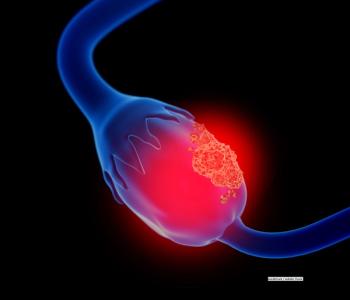
A trial compared two intraperitoneal chemotherapy regimens and an intravenous regimen for newly diagnosed advanced ovarian carcinoma.

The phase II KEYNOTE-158 basket trial evaluated single-agent pembrolizumab in patients with previously treated advanced cervical cancer.
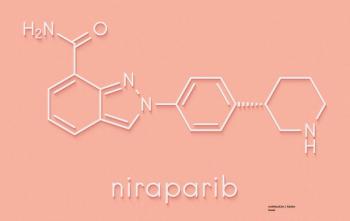
Researchers conducted the QUADRA trial to examine if niraparib could improve outcomes in heavily pretreated patients with ovarian cancer.

In this study, researchers aimed to further characterize differences in hospice use in a cohort of ovarian cancer patients.

The results of a post-hoc exploratory analysis of the phase III ARIEL3 trial were promising.
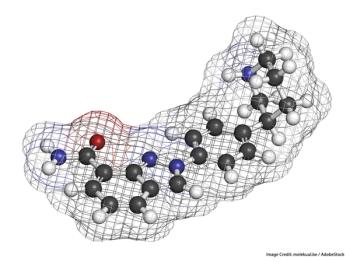
The TWiST analysis of the phase III ENGOT-OV16/NOVA trial evaluated the time without symptoms or toxicity for niraparib vs placebo in patients with recurrent ovarian cancer.
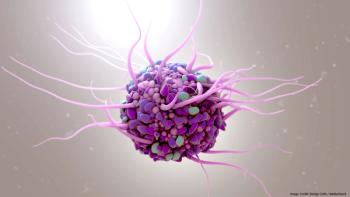
The phase II trial evaluated dendritic cell–based immunotherapy with concomitant administration of chemotherapy vs chemotherapy alone.

A randomized trial tested whether lymphadenectomy would improve survival outcomes in patients with advanced ovarian cancer.

Results of a phase II trial evaluating pembrolizumab in combination with bevacizumab and oral metronomic cyclophosphamide were presented at SGO 2019.

Avelumab alone or with pegylated liposomal doxorubicin did not improve survival in this phase III trial, but a subgroup analysis showed promising findings.

Early results of the WISP trial, which is evaluating risk-reducing salpingo-oophorectomy vs salpingectomy with delayed oophorectomy, were presented in Honolulu.

Researchers studied the use of minimally invasive robotic surgery for hysterectomy and its risk for complications in the treatment of endometrial cancer in Denmark.

A score derived from CT imaging using a machine learning radiomics approach was able to reliably identify epithelial ovarian cancer patients with poor survival outcomes.

Researchers tested whether conservative management of adnexal masses classified as benign could lead to subsequent malignant ovarian cancer.
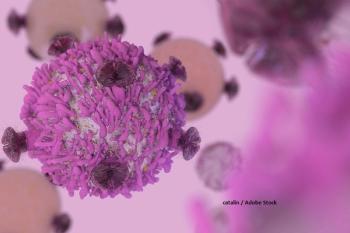
Researchers studied how the anti–PD-L1 agent avelumab fit into the recurrent and refractory ovarian cancer treatment landscape.